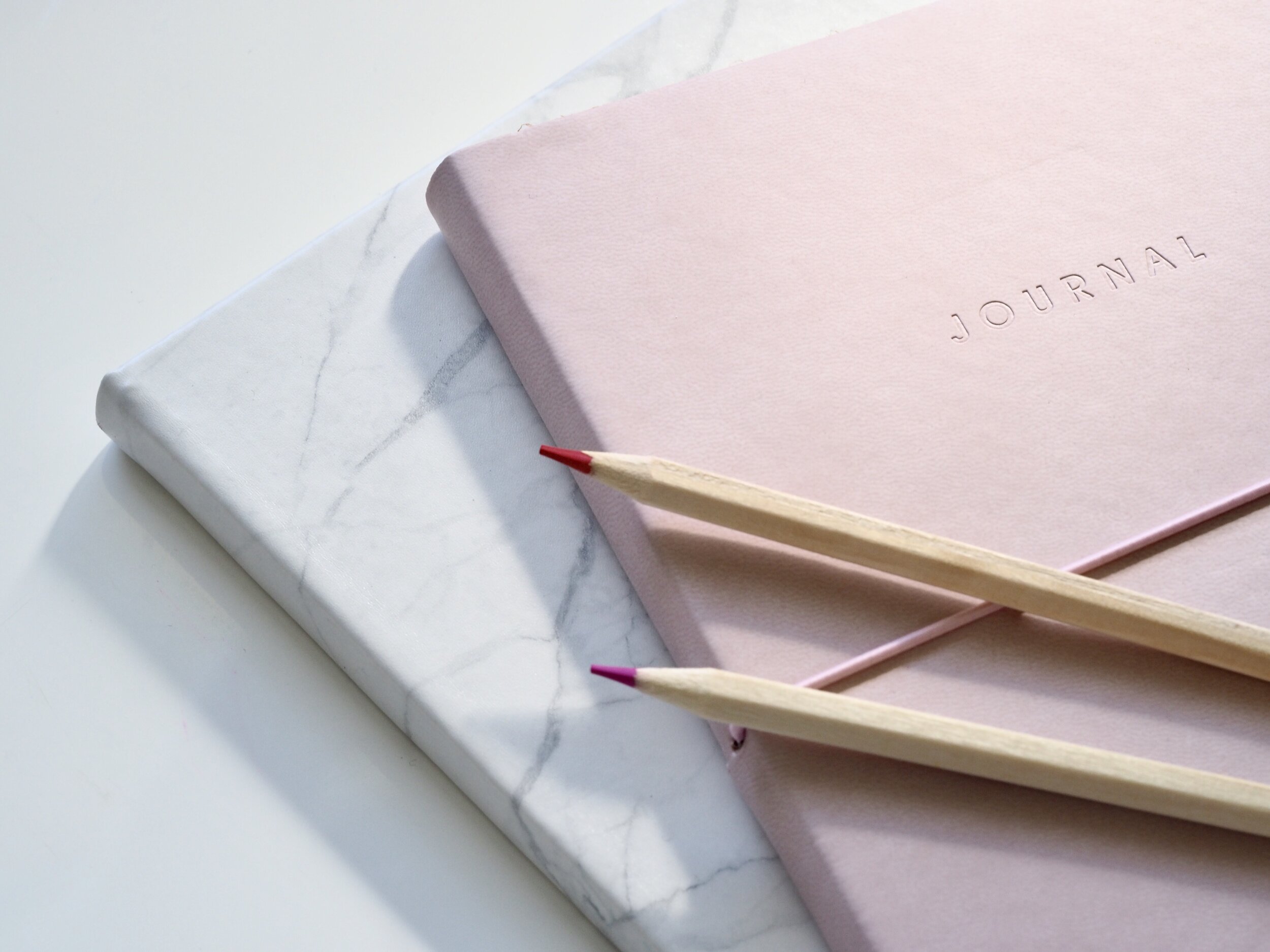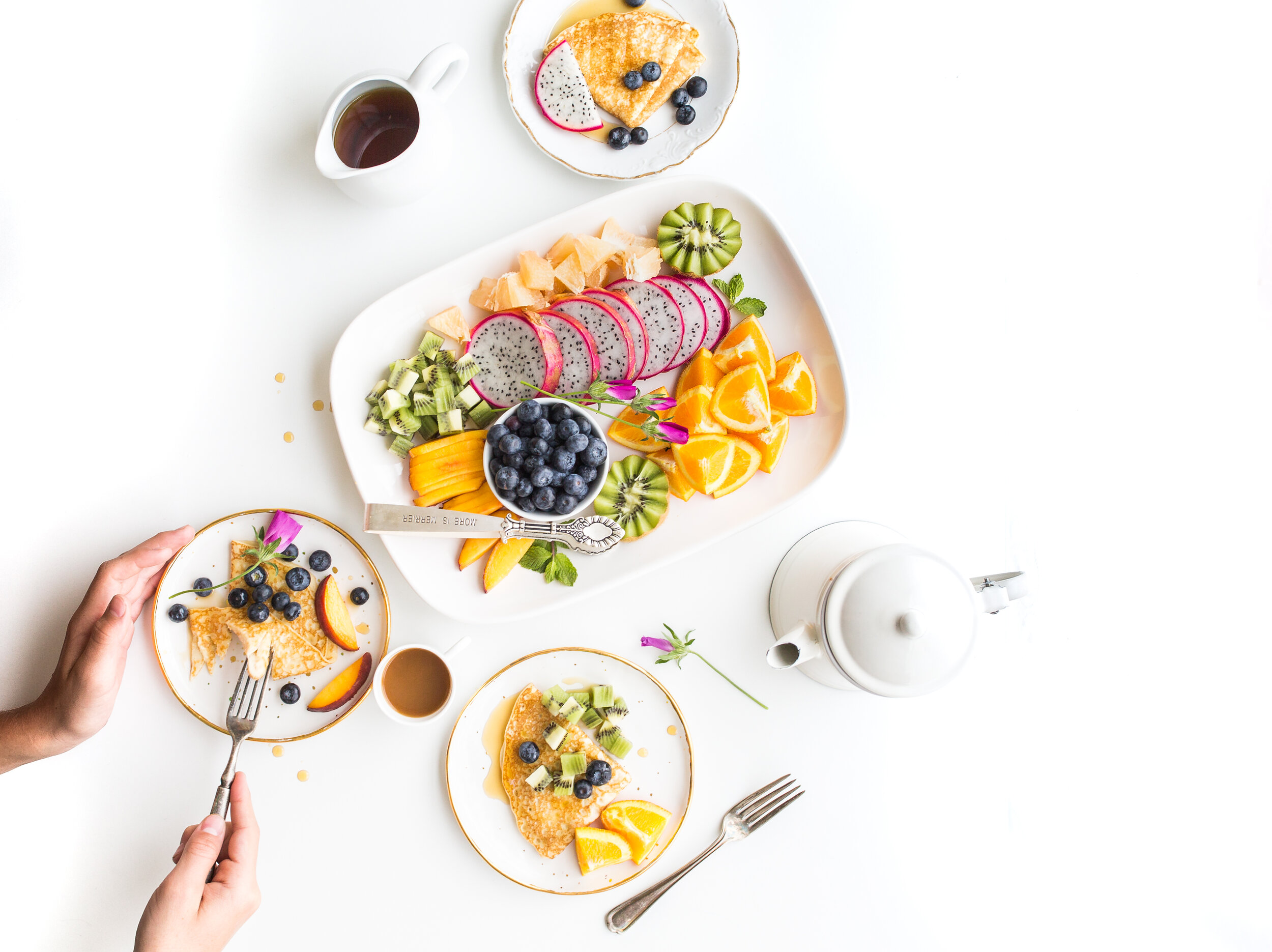How to Cultivate Resilience and Mental Wellness in Our Changed World
FEATURED
October 9, 2020
For me personally, fitness has been my salvation. It has been my lifelong goal to apply myself – with courage and in every way, despite any circumstances that arise – to improving my mind and physical body. This is also my coaching model.
Integrative Coaching is a collaborative approach to understanding women’s experiences and challenging limiting beliefs they may have about themselves and their situation, which ultimately, affects their physical and emotional health.
As an Integrative Coach, I want to “know your story,” so that together, we can come up with an action-oriented plan to help you achieve a sense of physical and mental wellness. Training, movement and nutrition plans are at the core of my action plans.
With 30 years of experience in the health and fitness field, I help women overcome challenges created by distress, chronic dieting, excessive fitness, perfectionism, a strong inner critic, low self-esteem and a lack of self-confidence.
I help women achieve their fitness goals by shedding light on the potential stressors, unhelpful thoughts and daily habits that may be limiting their success. And I teach women how to develop a healthy relationship with food and fitness, helping them evolve into vibrant energetic women who feel stronger, look good and have better moods.
How Integrative Coaching May Be Helpful During Times of a Global Pandemic
Currently, the coronavirus pandemic has deeply impacted lives all across the globe, with substantial unintended mental health consequences, disordered eating habits and physical signs of stress in women.
According to the research:
In a study of American university students assessing their perceived changes in body weight and body image during the pandemic, 65 per cent reported more concern with their weight and shape – Keel et al (2020)
Australian research on the impact of COVID-10 on the general population showed that 27 per cent of people surveyed reported a greater level of food restriction and 35 per cent reported greater frequency of binge eating before the pandemic – Phillipou et al (2020)
Researchers in Germany investigating the impact of the COVID-19 pandemic on people with anorexia nervosa found that: 41 per cent of those surveyed agreed their symptoms had worsened during the pandemic; 20 per cent developed new symptoms since the pandemic; and 51 per cent stated their quality of life had deteriorated since the pandemic – Schlegl et al (2020)
As a “Trauma Aware Coach” I encourage clients to explore their experiences and feelings which may give me clues as to why they overeat/undereat and neglect their self-care and fitness. This helps me identify strategies that can help clients get “unstuck” and avoid being re-traumatized by life, in order that they can move towards their goals.
In my opinion, self-care trumps all strategies, especially for women. Women are driven master multitaskers who take on too much. Often self-care gets left behind and women become resentful and unhappy in their own bodies. Those emotions do not fare well when it comes to being successful, being a productive parent, partner, friend or employee etc.
As for trauma, this is anything that overwhelms us, affecting our existing resources and our ability to cope. The current pandemic is clearly very traumatic for most.
A traumatic experience – be it big or small, past or present – can affect personal actions, choices, and lifestyle. Also, trauma can find a permanent home in cells and can wreak havoc on your physiology.
Over the years, I have witnessed countless women overreact to eating something, shut down because a workout did not go as expected, panic, avoid communication, rage, disappear, and simply be unable to “cope” with the overwhelming urge to binge, restrict, workout excessively, or resort to other unhealthy behaviours – all as a result of trauma.⠀
Here are 20 helpful tips to help you calm crisis in your life:
Drop the expectations: Try to flow with the process of life. Control only what you can control – and that is usually only your breath and daily habits. Having expectations will leave you feeling defeated.
Take up a new hobby: New hobbies may relax you, give you purpose, build your self-esteem, and ultimately reduce the importance you place on eating, shape, and weight.
Live in the present moment as much as possible. Try not give one ounce of attention to your past because it cannot be changed. Work on things that need your immediate attention in the present time.
Reframe this crisis as a time of transformation and work on your skill sets and talents. Take this opportunity to learn new things.
Break the sedimentary cycle. Get movement in everyday, no matter what it is. Find exercise you enjoy.
Gratitude: List three things you are grateful for each day. Write them down.
Journal/Brain Dump: Jot down all your worldly concerns in a journal and get them out of your head.
Take responsibility for where you are your life right now. Acknowledgement is liberating.
Nutrition: Fuel your body and mind. Ask yourself: Are you really hungry? Or are you hungry for something else in your life? For example, are you yearning for connection, relationships, money, employment, etc. Remember food is the most abused anti-anxiety drug available!
Eat quality whole foods and less processed foods.
Reconnect to your mind and body by noticing how it feels to move. What sensations are you feeling? Take note.
Get into nature to do some grounding. Breathe in the life energy that the plants and trees give to us.
Deep belly breathing is key. In times of stress, be sure to pause and use the Box Breathing Method, which involves exhaling to a count of four, holding your lungs empty for a four-count, inhaling at the same pace, and holding air in your lungs for a count of four before exhaling again, and repeating the process.
Incorporate stretching and yoga into your routine to soothe your nervous system.
Reducing the time you spend on social media is important, but you may also want to unfollow accounts that reinforce appearances and ideals that tend to make you feel particularly bad about yourself.
Find exercise that you enjoy, start out slow, and for short duration. Try 10 mins a day to start.
Drink more water – at least two to three litres a day. Your cells need water.
Get seven to eight hours of sleep.
Reduce coffee/tea intake to one to two cups a day. Drink more green tea.
Change your mindset. Manage your unhelpful thoughts or they will manage you.
Let’s get real: In life you can plan for everything to go a certain way, but the true test of resilience is in acknowledging your emotions and responding to change as a learning experience rather than becoming a victim of your circumstances.
– Tania Atkin is an Oakville, Ontario-based Integrative Health, Fitness, Nutrition and Resiliency Coach for Women and graduate of Yorkville University Master of Arts in Counselling Psychology program. A psychotherapist as well as a professional fitness athlete, Atkin specializes in integrative fitness coaching, holistic nutrition, female transformations, eating psychology, cognitive behavioural therapy, stress resilience training, anxiety reduction, chronic pain, rehabilitation, gender identity, work-life balance, relationship building, and parenting issues.
For more information about Tania, go to her website at www.taniaatkin.com, visit her Instagram, Facebook or Twitter pages, or email her at Hello@taniaatkin.com
Featured on Yorkville University - Mental Awareness Day 10 October 2020



